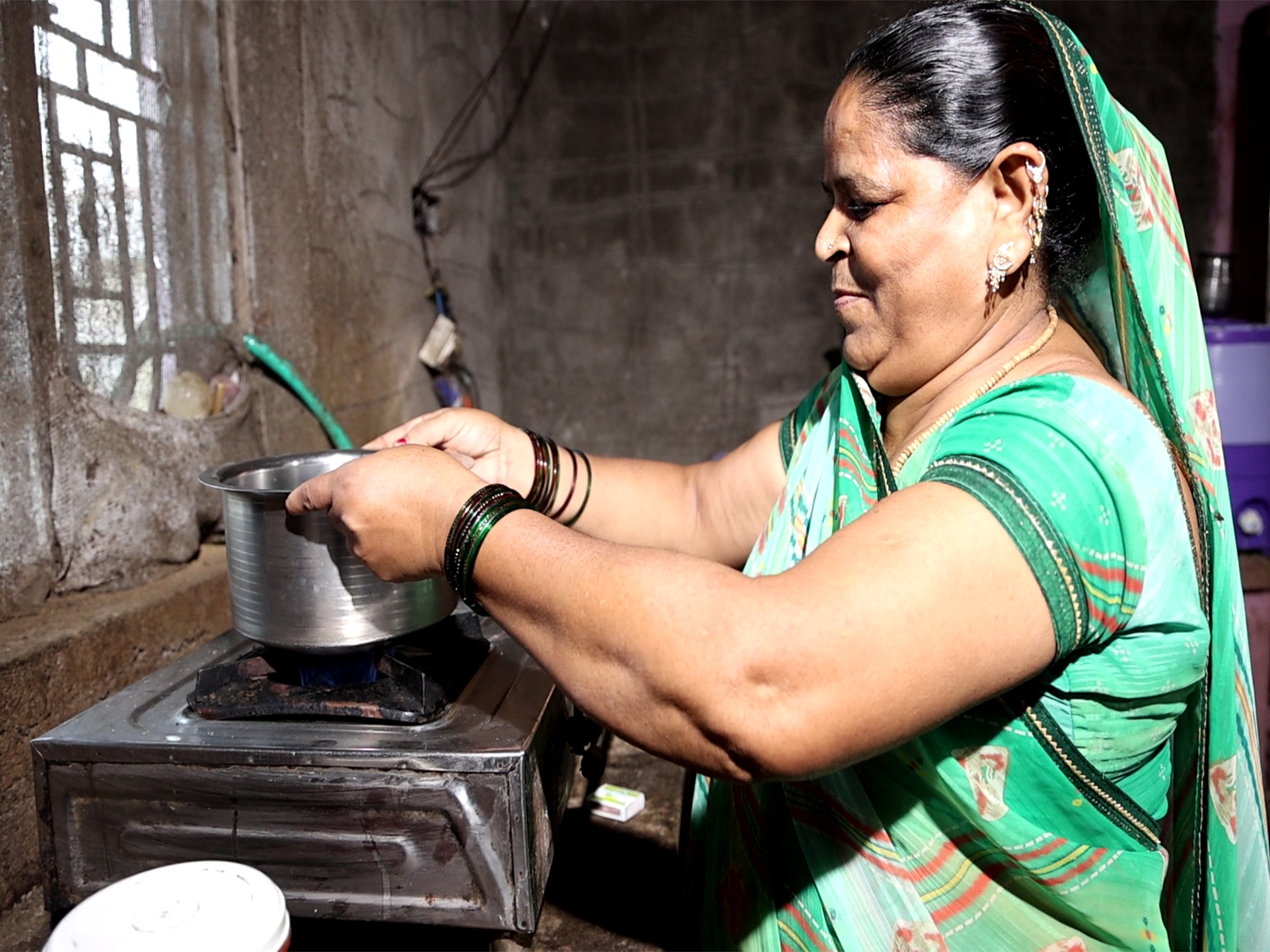Turning Waste into Wealth: Gujarat's Biogas Revolution
Gujarat's Chhotaudepur district witnesses a transformative shift as the Gobardhan Scheme enables rural families to harness clean energy from biogas plants. With substantial government subsidies, residents experience improved quality of life, reduced pollution, and enhanced agricultural practices, showcasing the power of sustainable solutions.

- Country:
- India
In the rural heartland of Gujarat's Chhotaudepur district, a transformative wave is sweeping through the small tribal village of Nani Bumdi. Dipikaben Kanayabhai Rathwa exemplifies this change as she begins her day by feeding cow dung into a biogas plant, an effort that has reshaped her household's daily rhythm and improved their quality of life.
This biogas unit, established under the Gobardhan Scheme, represents the government's commitment to manage cattle and organic waste for clean energy production. The plant, costing Rs 42,000, became accessible to Dipikaben’s family through a substantial government subsidy, sparing them from heavy financial burden with only Rs 5,000 coming from their pockets.
The initiative not only aims to promote rural cleanliness and renewable energy but also self-reliance. “We used to cook on traditional stoves, which filled our home with smoke and affected our health,” Dipikaben recalls. The biogas plant has significantly transformed cooking into a cleaner, quicker, and healthier activity. The change reflects more broadly as families enjoy smokeless, eco-friendly fuel and bio-slurry for natural fertilization, reducing costs and enhancing farming sustainability.
The Gobardhan Scheme's impact extends across rural Gujarat, turning waste into wealth and empowering families with clean energy, improved sanitation, and sustainable agriculture. It stands as a testament to how government-led innovation and community involvement can drive meaningful change towards a cleaner, self-reliant rural India. (ANI)
ALSO READ
-
Four persons from Gujarat, held hostage in Iran for ransom while on their way to Australia, return home: Police.
-
M K Das Appointed as Gujarat's New Chief Secretary
-
Unseasonal Rains Surge Through Gujarat: A Weather Anomaly Raises Concerns
-
SIR to be held in Andaman and Nicobar, Chhattisgarh, Goa, Gujarat, Kerala, Lakshadweep, MP, Puducherry, Rajashtan, TN, UP, West Bengal: EC.
-
Farmhouse Party Raid in Gujarat: 20 Arrested for Liquor Consumption









